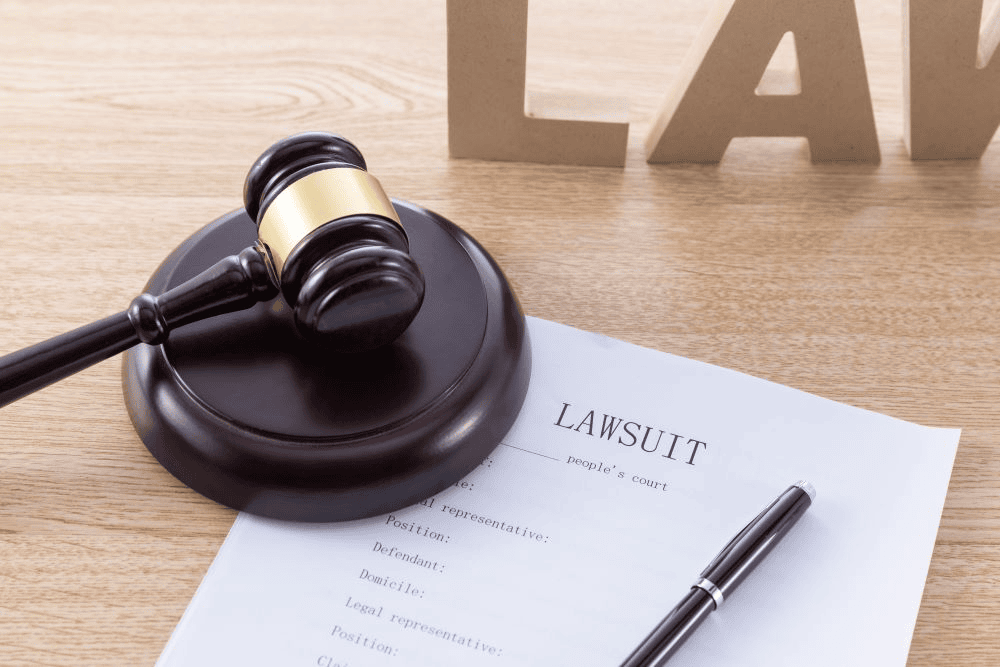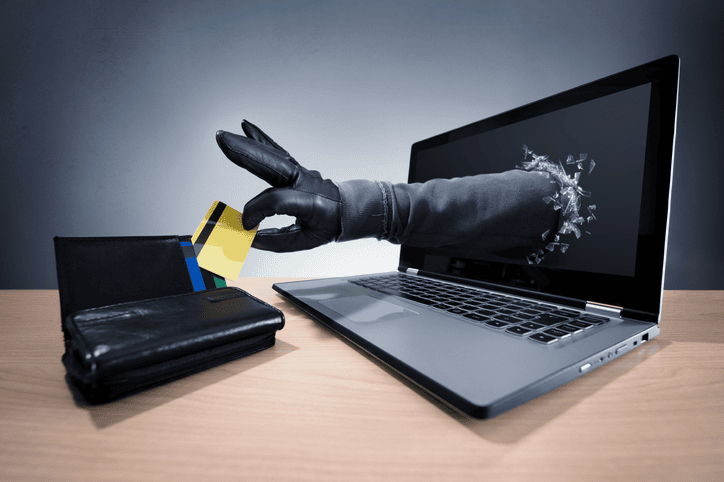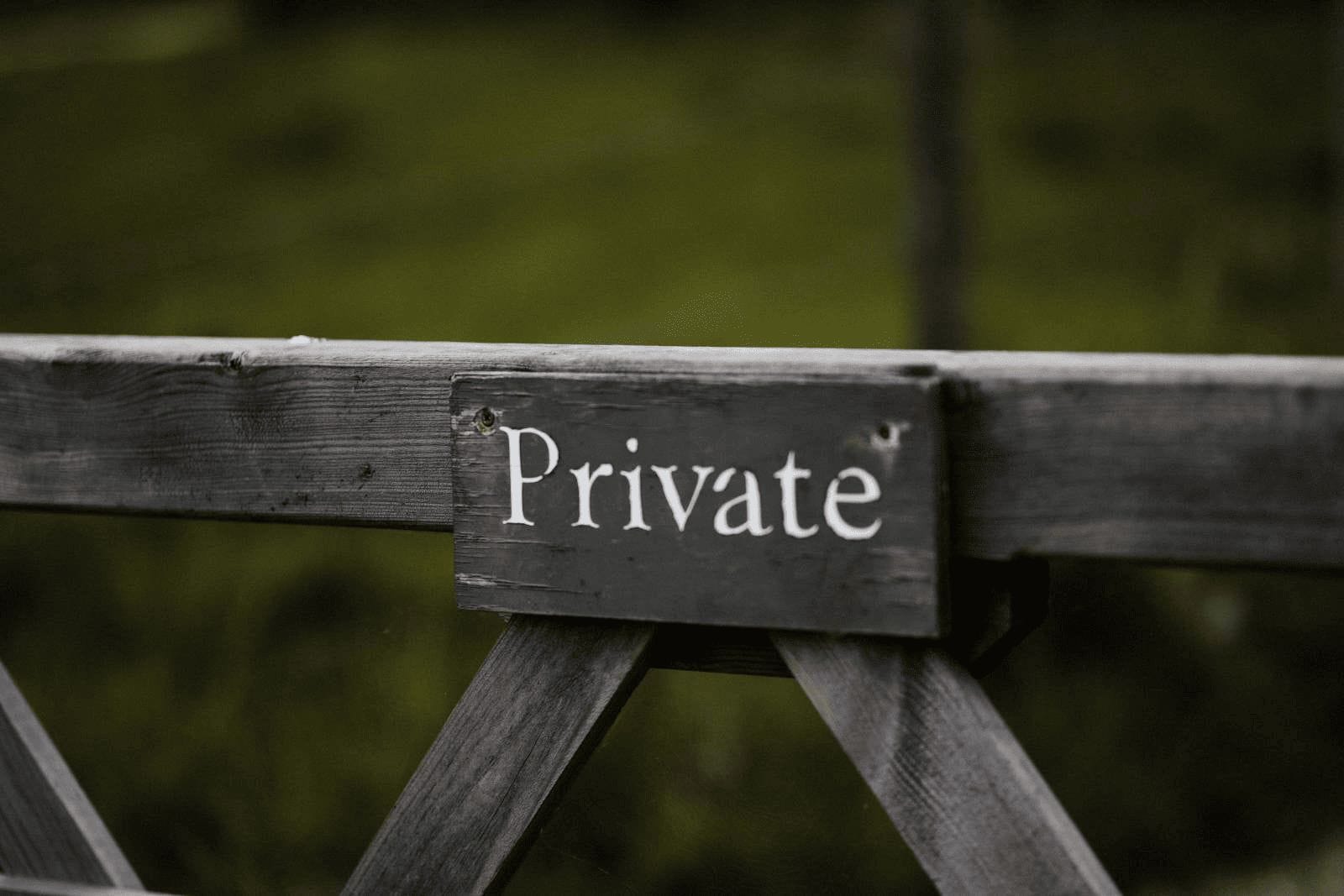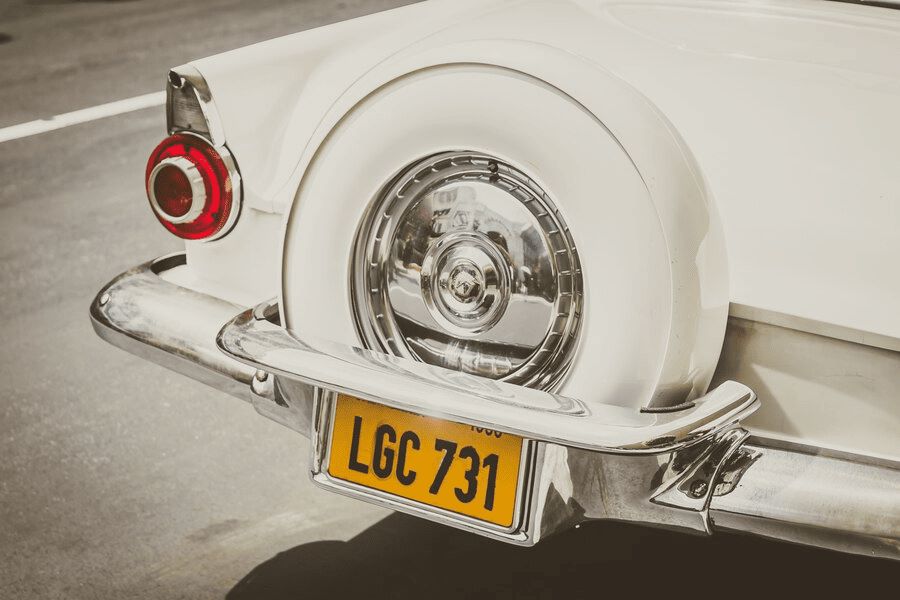
Staying at a hotel should be a relaxing and enjoyable experience and not invasion of a person’s personal life. These hotels provide the best of services for a price depending on the kind of services you’re looking for.
However, if you find that your privacy has been violated during your stay, it can be distressing and unsettling. You may be wondering, “Can I sue a hotel for invasion of privacy?” In Nevada, there are legal avenues available for addressing such issues.
This article covers the criteria for successful lawsuits, the types of damages you may recover, and key considerations when pursuing claims. All of this information is great if you’re seeking legal services to take legal action against privacy invasions.
This also includes damages such as mental anguish, missing security measures, mistakes by the property owner, etc.
Understanding Invasion of Privacy
Invasion of privacy occurs when someone intrudes into your personal life without permission in a way that a reasonable person would find highly offensive. In the context of hotels, this can involve several scenarios such as unauthorized entry into your hotel room, hidden cameras, or inappropriate or unauthorized use of your personal information.
There are a few types of privacy violations that you must keep in mind as a hotel guest if you want to avoid privacy claims. Here’s a look at some of the main ones:
Types of Privacy Violations in Hotels
Hotels are meant to be places of comfort and security, but sometimes they fall short, leading to privacy violations that can have serious consequences.
Here are some common types of privacy violations that guests may encounter:
1. Unauthorized Entry
One of the most common violations occurs when hotel staff enter your room without your explicit permission. This can happen due to a lack of proper protocols or negligence.
For example, housekeeping might enter your room despite a “Do Not Disturb” sign being displayed, or maintenance staff might use a master key to access your room without prior notice. Such intrusions can feel highly invasive and distressing, particularly if you were in a vulnerable state, such as undressed or sleeping.
2. Hidden Cameras
The discovery of hidden cameras in guest rooms is not only shocking but a gross violation of privacy. These devices can be covertly placed in areas like smoke detectors, alarm clocks, or even air vents, capturing intimate moments without your consent.
The footage can be used for various malicious purposes, including extortion or unauthorized public sharing, leading to significant emotional distress and reputational damage.
3. Improper Disclosure of Personal Information
Hotels collect a plethora of personal information from their guests, including names, addresses, credit card details, and travel itineraries. If these private facts are shared without your consent, it can lead to identity theft, financial loss, and a breach of your personal security.
For instance, a hotel might inadvertently disclose your stay details to unauthorized parties, such as journalists or stalkers, without your permission.
4. False Light
This occurs when a hotel or its employees publicly disclose information or portray you in a misleading or false manner that a reasonable person would find offensive.
For example, if a hotel staff member falsely accuses you of illegal activities and shares this information with other guests or on social media, it can harm your reputation and cause significant emotional distress.
Recoverable Damages
If you successfully prove your invasion of privacy claim, you may be entitled to various types of damages. These damages are designed to compensate you for the harm you’ve suffered and to discourage the person or the hotel from repeating such behavior.
Emotional Stress:
Invasion of privacy can lead to significant mental and emotional harm, such as anxiety, depression, etc. Courts can award damages to compensate for this emotional turmoil, recognizing the profound impact such invasions can have on your well-being.
Pecuniary Loss:
Privacy invasions can also lead to tangible financial losses. For instance, if unauthorized disclosure of your personal information leads to identity theft, you might incur costs for credit monitoring services, legal fees, and other expenses to rectify the situation. These out-of-pocket expenses can be recovered through pecuniary damages.
Punitive Damages:
In cases where the hotel’s conduct was particularly egregious or malicious, the court may award punitive damages. These are intended to punish the defendant and deter similar behavior in the future.
Key Considerations When Pursuing a Claim
Gathering Evidence
To support your claim, it’s crucial to gather as much evidence as possible. This can include:
- Photographs: Pictures of hidden cameras or evidence of unauthorized entry.
- Witness Statements: Testimonies from other guests or hotel staff.
- Documentation: Records of any communications with hotel management regarding the incident.
Consulting a Local Attorney
Navigating privacy laws can be complex, and it’s beneficial to consult with a local attorney experienced in these matters. They can help you understand your legal rights, evaluate your case, and guide you through the process of filing a lawsuit.
An attorney can also assist in negotiating a settlement if that is in your best interest.
Defenses the Hotel Might Use
When faced with a privacy invasion lawsuit, hotels often mount several defenses to avoid liability. Understanding these potential defenses can help you and your attorney prepare a stronger case.
Consent:
One common defense is that you consented to the actions in question. For example, if you allowed hotel staff into your room for a specific purpose, this is consent. The hotel might argue that you implicitly consented to their entry. However, this defense is only valid if the consent is clear and specific to the action causing privacy invasion.
No Expectation of Privacy:
The hotel might argue that you did not have a reasonable expectation of privacy in the situation. For instance, common areas like lobbies and hallways typically do not afford the same level of privacy as guest rooms.
The hotel might claim that your expectation of privacy was not justified. It might occur if the alleged invasion occurred in a public or semi-public area,.
Limited Intrusion:
The hotel might claim that the intrusion was minimal and not highly offensive. They could argue that the actions taken did not significantly invade your privacy or cause you substantial harm. For instance, the hotel might argue that this limited intrusion does not constitute a serious invasion of privacy. This occurs if a hotel employee briefly entered your room to deliver a package and immediately left,
Taking Legal Action
You need to follow a structured approach to maximize your chances of success if you decide to take legal action. Here are the steps involved:
Document the Incident
Keep detailed records of the invasion and any communications with the hotel owner or staff. Note the date, time, and nature of the incident, and preserve any physical evidence. The evidence may include hidden cameras or unauthorized entry signs.
Report the Incident
Notify hotel management and request an investigation. This not only puts the hotel on notice but also creates a record of your complaint. Ask for written confirmation of your report and any actions the hotel intends to take in response.
Consult an Attorney
Seek legal advice to understand your options and build a strong case. An experienced attorney can help you navigate the complexities of privacy laws, evaluate the strength of your claim, and advise you on the best course of action.
File a Lawsuit
If a satisfactory resolution cannot be reached through negotiation, your attorney can help you file a lawsuit. This involves drafting a complaint, serving it to the hotel, and preparing for court proceedings. Throughout this process, your attorney will represent your interests and work to achieve the best possible outcome for your case.

Contact BLG for a Free Consultation
Invasion of privacy in hotels is a serious issue that can lead to significant emotional and financial harm. Understanding your rights and the legal criteria for filing a lawsuit is essential to protect yourself. By gathering evidence, consulting with a local attorney, and taking legal action, you can hold the responsible parties accountable and seek the justice you deserve.
At BLG, we understand the serious nature of privacy violations and the impact they can have on your personal life. Our experienced team of attorneys is dedicated to protecting your rights and ensuring you receive the compensation you deserve.
Contact us for a free consultation and let us guide you through this challenging time.
FAQs
Q. What is considered an invasion of privacy in a hotel?
A. Invasion of privacy in a hotel can include unauthorized entry into your room, hidden cameras, or the improper use or public disclosure of your personal information. Any action that intrudes into your private life in a highly offensive manner may be considered an invasion of privacy.
Q. Can I sue a hotel if an employee enters my room without permission?
A. Yes, you can potentially sue a hotel if an employee enters your room without permission, especially if the entry was not for a valid reason such as an emergency or necessary maintenance. This unauthorized entry can be considered an invasion of your privacy.
Q. How do I prove my privacy was invaded at a hotel?
A. To prove your privacy was invaded, gather evidence such as photographs, witness statements, and documentation of any communications with the hotel. It is also essential to demonstrate that the intrusion was intentional, that you had a reasonable expectation of privacy, and that the intrusion was highly offensive.
Q. What types of damages can I recover if I sue a hotel for invasion of privacy?
A. If you successfully sue a hotel for invasion of privacy, you may recover damages for emotional distress, pecuniary losses, and potentially punitive damages. These compensations are intended to address the harm you suffered and to punish the hotel for their misconduct.
Q. How long do I have to file a lawsuit for invasion of privacy in Nevada law?
A. In Nevada, the statute of limitations for filing a lawsuit for invasion of privacy is generally two years from the date of the incident. It is crucial to act promptly and consult with an attorney to ensure your claim is filed within the legal time frame.
Q. Do I need an attorney to sue a hotel for invasion of privacy?
A. While it is possible to sue a hotel without an attorney, it is highly recommended to seek legal counsel. An experienced attorney can help you understand your legal rights, gather necessary evidence, navigate complex privacy laws, and represent you in court to increase the likelihood of a successful outcome.





